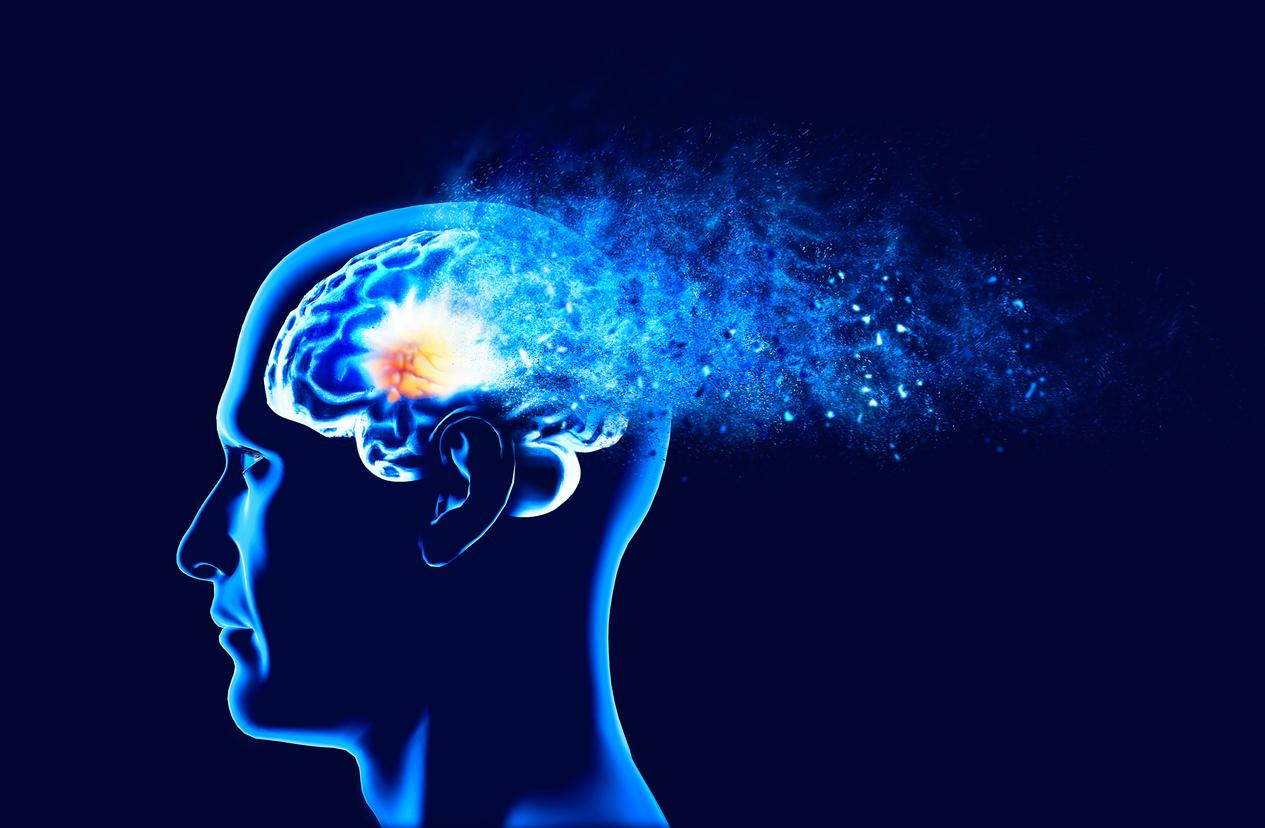Chronic pain, Parkinson’s disease, depression, tinnitusaftermath ofstroke (CVA)…many neurological or psychiatric conditions were expected to be improved by electrical stimulation of the brain (or Transcranial Direct Current Stimulation (tDCS)).
Electric shocks sent to the frontal lobe of the brain
tDCS refers to a so-called non-invasive and painless method of treatment, which consists of sending light electric shocks to the frontal lobe to stimulate parts of the brain via electrodes placed on the scalp.
However, Dutch researchers question these benefits after their preliminary work published in the journal Experimental Brain Research. According to them, the STCC would not only bring benefits to patients.
Memory tests less successful with electrical stimulation
Psychologists from the Leiden Institute of Brain and Cognition tested the Foc.us headset on 24 people to verify that electrical stimulation actually improves cognitive performance. This tool, offered for sale on the market, would increase athletic and cognitive endurance.
The scientists asked the patients to come to the laboratory twice. Via the helmet, the subjects received, or not, an electrical stimulation, and had to submit to a memory test. The researchers found that the exercise was less successful for participants who had received an electric current.
“Even if they are only preliminary, these results provide proof that the scientific community must play a fundamental role in the validation and evaluation of objects developed by industry”, explains Lorenza Colzato, co-author of the study. Laura Steenberg, also author of the research, warns users of these helmets about the risks represented by misuse or excessive use.
Read also :
– A stimulated brain is less attracted to drugs
– Ado: if he is closed to communication, it is the fault of his brain


















